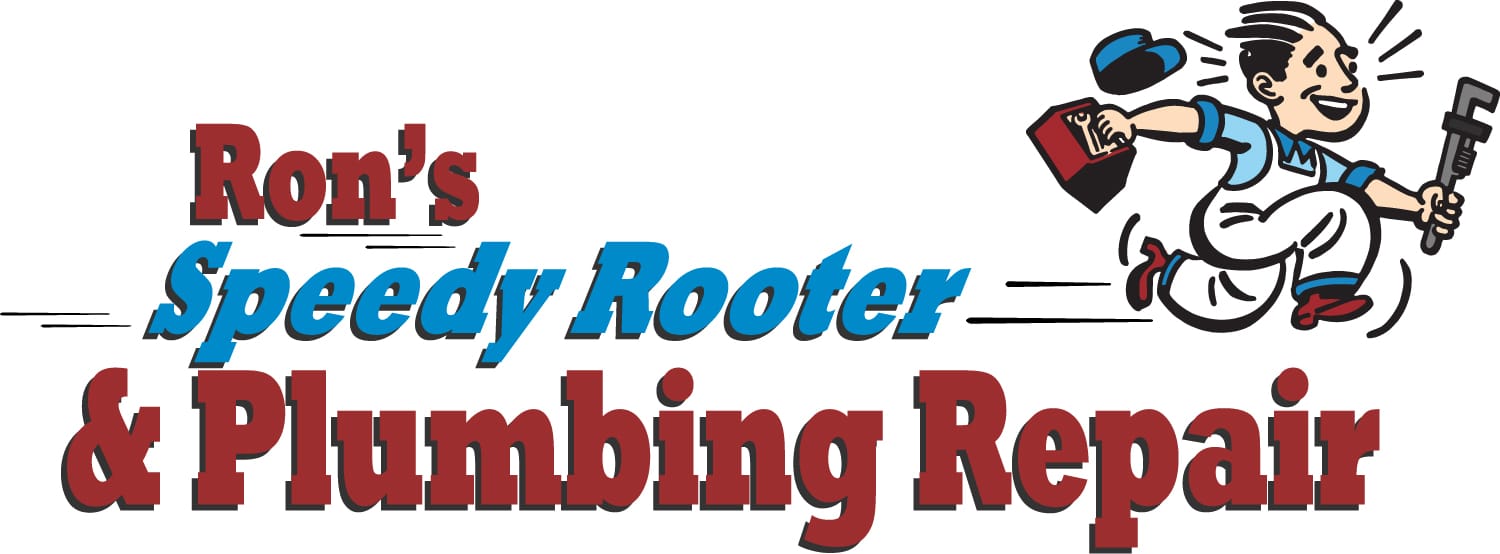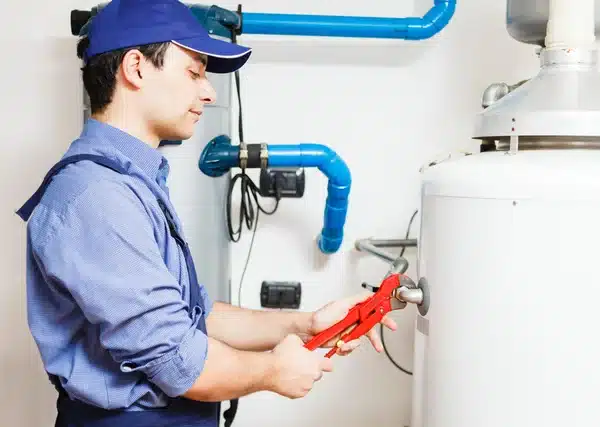A functioning water heater is a vital appliance in any home, providing hot water for showers, baths, dishes, and laundry. To ensure your water heater operates efficiently and lasts for years, regular maintenance is key. In this guide, we’ll explore essential tips for maintaining and troubleshooting water heaters, including adjusting temperature settings, flushing the tank to remove sediment, and recognizing signs of water heater problems. Let’s dive in and keep your hot water flowing reliably!
1. Adjusting Temperature Settings:
The temperature setting of your water heater plays a crucial role in energy efficiency and safety. Follow these tips for adjusting temperature settings:
- Set the temperature to around 120 degrees Fahrenheit to balance comfort and energy savings.
- Avoid setting the temperature too high to prevent scalding and excessive energy consumption.
- Consider installing a programmable thermostat or a water heater timer to schedule heating cycles based on your usage patterns.
2. Flushing the Tank to Remove Sediment:
Over time, sediment buildup can occur inside the water heater tank, reducing efficiency and causing potential damage. Here’s how to flush the tank and remove sediment:
- Turn off the power or gas supply to the water heater.
- Attach a garden hose to the drain valve at the bottom of the tank and place the other end in a suitable drainage location.
- Open the drain valve and allow the water to flow out, flushing out sediment and debris.
- Close the drain valve once the water runs clear and turn on the water supply to refill the tank.
- Repeat the flushing process annually or as recommended by the manufacturer to maintain optimal performance.
3. Signs of Water Heater Problems:
Knowing the signs of water heater problems can help you address issues early and avoid costly repairs or replacements. Look out for these common signs:
- Inconsistent or insufficient hot water supply: If your water heater fails to produce enough hot water or delivers fluctuating temperatures, there may be an issue with the heating element, thermostat, or sediment buildup.
- Unusual noises like rumbling, popping, or banging coming from the water heater can indicate sediment buildup or a failing heating element.
- Visible leaks or water puddles near the water heater may indicate a leaky tank, faulty pressure relief valve, or corroded fittings.
- Rusty or discolored water: Brown or rusty-colored water coming from the hot water taps can signal corrosion inside the tank or pipes, requiring immediate attention.
- As water heaters age, they become more susceptible to wear and tear. Consider replacing your water heater if it’s over 10-15 years old to avoid potential breakdowns and inefficiency.
4. Regular Maintenance Tips:
In addition to adjusting temperature settings and flushing the tank, follow these regular maintenance tips to keep your water heater in optimal condition:
- Insulate hot water pipes to reduce heat loss and improve energy efficiency.
- Test the pressure relief valve annually by lifting the lever to release water and ensure proper functioning.
- Check for leaks, corrosion, or rust on the water heater tank, fittings, and pipes regularly.
- Schedule professional inspections and maintenance at least once a year to identify and address potential issues early.
5. Troubleshooting Common Problems:
If you encounter problems with your water heater, try these troubleshooting steps before calling a professional plumber:
- No hot water: Check the pilot light (for gas heaters) or electrical connections (for electric heaters) and ensure they are functioning correctly. Also, inspect the thermostat settings and adjust if necessary.
- Leaks: Tighten loose fittings, valves, or connections and replace damaged components like gaskets or seals. If the leak persists, contact a plumber for further assessment.
- Strange noises: Drain and flush the tank to remove sediment buildup, which can cause noise. If the noise continues, it may indicate a more significant issue that requires professional diagnosis.
- Rusty water: Flush the tank to remove sediment and check for corrosion or rust on the tank interior. If rust persists, it could indicate a deteriorating tank that needs replacement.
By following these water heater maintenance tips and troubleshooting guidelines, you can ensure a reliable and efficient hot water supply for your home. Remember, regular maintenance and prompt attention to signs of problems can extend the lifespan of your water heater and save you from unexpected breakdowns. Keep your hot showers flowing and your dishes clean with proper water heater care!





